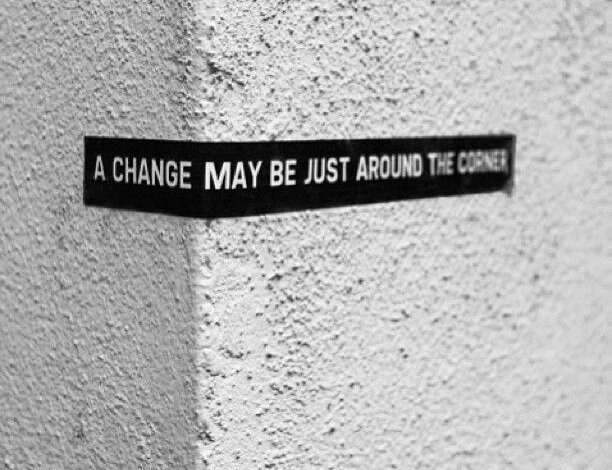The 10 Best Ways To Stop Procrastination


Procrastination is the art of delaying a task by doing something else instead. We are all familiar with the act of checking social media, YouTube, texting or just daydreaming when we should be getting on with something important, but for some procrastination is a real problem. Procrastinating can increase stress and lower self esteem over time, all the while reducing productivity to create worry and the feeling of not having the time to get things done. Our helpful list of the 10 best ways to stop procrastination will give you the tools to reduce distractions and motivate yourself to achieve your goals.
Use The Pomodoro Technique
The Pomodoro technique splits work into 25 minute intervals called pomodoros. After 25 minutes of concentration and focus, you take a five minute break and after four pomodoros you then take a 15 minute break. In each pomodoro you note down the number of times you had the urge to procrastinate or divert your attention to an unrelated task, giving you accountability for the amount of time you spend not working on your project. This is one of the best ways to stop procrastination as it gives you structured work and break times while motivating you to work faster and in a more focussed way.
Change Your Space

If your workspace is distracting or you always work in a particular room in your home, try switching it up by moving to a different place. What once motivated and inspired you can become boring and de-motivating after a while, so something as simple as changing notes or pictures on the wall can have a big effect. Getting the balance right between inspiring but not distracting is one of the best ways to help stop yourself procrastinating
Write Specific Lists
Writing down specifically what you need to do will motivate you more than writing a down a general task or end-goal as these can often seem overwhelming and too big to start. Not knowing where to begin or what to do can be a big barrier to getting large tasks started, so breaking them up and making each part specific can give you smaller motivating tasks to work on that you’ll find easy to accomplish.
Make SMART Goals

If you have goals or to-do lists for your project then making sure that they’re SMART will help you to get them accomplished. SMART goals are specific, measurable, achievable, realistic and time-based, meaning you can break up one task into small easy to do parts that all count towards the big goal.
Visualise Your Goals

Research has shown that visualising is a great way to achieve your dreams, but it needs to be the right kind of visualisation. Daydreaming is akin to procrastination, but actively visualising, fantasising and problem solving can take you where you want to go. As well as your end-goal, you need to visualise the steps that must be taken in order to get there. Subconsciously you’ll feel more motivated and know what you need to do instead of being overwhelmed by the work ahead of you.
Take a Break
Instead of sitting at your desk procrastinating for half an hour, take a five minute break and then come back refreshed and with new eyes. Taking regular breaks will actually increase your productivity even though it may seem like you’re spending less time working. During your break, do something distracting to get you into the mood to carry on with tasks rather than zoning out.
Start With The Hardest Task
The beginning of the days is usually an automatic routine for many of us, with emails being checked and phone calls being made. After this, be sure to get the most difficult task on your list started first so that you can get it out of the way and feel relieved rather than worrying about it. If you need to take breaks later on in the day, you won’t feel guilty or too pressed for time.
Stop Waiting For The Perfect Time

You may be avoiding something because you’re waiting for the conditions to be perfect or for the right time. Waiting for something means that you’re doing nothing, and you won’t accomplish anything this way. Even if you must wait, doing parts of a task that you can achieve now is better than not doing anything at all, and accepting the fact that there may never be a ‘perfect time’ will enable you to begin projects with enthusiasm.
Tell Others About Your Work and Goals
From big projects to the small things you have to do tomorrow, telling others about your work and goals can be motivating and help you to get them done. Not only will you have the support of others, but they will ask you how you’re progressing. This will help you take action to achieve all the things you want and need to achieve by spurring you on to not admit defeat.
Make Swift Decisions

They say that your gut instinct is always right and knowing this will help you to stop procrastination from taking hold. Avoiding making decisions or doing tasks because of a decision you think was wrong will hold you back and prevent you doing anything at all. Instead of ruminating or worrying about the choices you have to make, go with your instincts and choose what feels right to you. Regular decision making will make you feel confident, enable you to be more productive and is one of the best ways to stop procrastination.





Congratulations ! I’m really glad to see this 🙂
It ads lots of motivation and value for me!
How about this one….”know if you are really committed to succeed” so often its easy to say you want to do something or try something but once its time to pay the price… too many stop and back away. Ask yourself… are you ready to do whatever it takes?